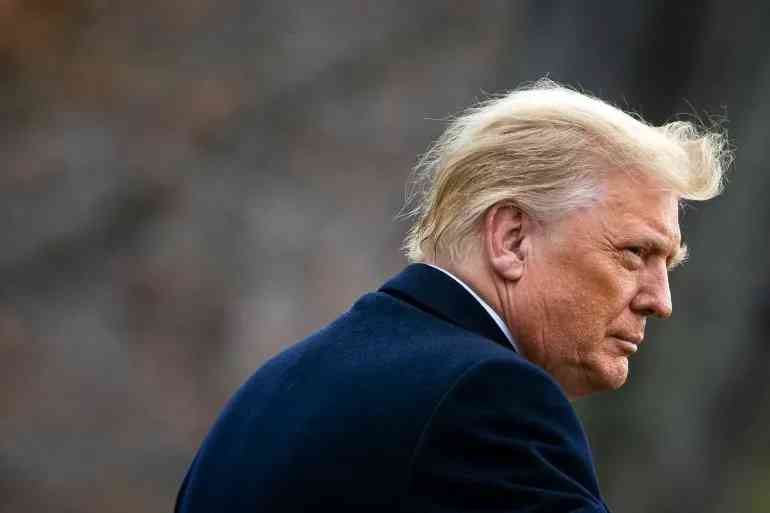
On May 26 to 27, King Charles III and Queen Camilla made a two-day visit to Canada to open the 45th parliament of his Canadian domain. The trip was purely symbolic, but pundits far and wide pontificated about the profound significance of the event. That’s their job, poor souls.
Later this year, probably in September, Donald Trump will travel to the United Kingdom for his second “state visit”, and King Charles will swallow his distaste and welcome him to the UK with a clenched smile. Another symbolic event bereft of visible consequences, but once again the pundits will have to analyse it in search of “results” and “meaning”.
Yet most of the pundits are not idiots, and neither is the general public. There is clearly a strategy behind these events, and it’s safe to discuss it here because Trump will never read this. The whole show is designed to exploit Trump’s fascination with the British monarchy. Charles’s sole purpose in Canada was to emphasise the sovereignty and separateness of Canada in the face of Donald Trump’s insistent claims that it should become part of the United States – the “51st state”.
Canadians, lulled into complacency by the fact that the United States last invaded Canada (unsuccessfully) in 1812, awoke to the harsh reality that the current US president regards the border as an “artificial line”. “Somebody did it a long time ago, many, many decades ago,” he said, “and [it] makes no sense.”
So Trump wants to correct this mistake by absorbing Canada, although so far he has only talked about crushing Canada’s economy to extract the consent of its citizens, not about resorting to physical violence (as he has threatened to do in his other territorial claims against Greenland and Panama).
But why bring in the King of Canada, a title even Charles himself rarely uses? Indeed, why does Canada even have a king?
Every country needs a head of state, and most democracies prefer not to have a practicing politician in the role. Whether President or monarch, the head of state needs to be above the day-to-day political struggle.
Kings, emperors, and other tyrants used to rule everywhere, of course. They came into vogue when mass societies emerged some five thousand years ago, and continued in most places until the 18th century or later because democracy was impossible until the advent of mass communications (initially in the form of printing and mass literacy).
- Letter from America: Is former president Donald Trump a hero or villain?
- Chidzivo, Tarakinyu clinch Kabag honours
- Letter from America: Is former president Donald Trump a hero or villain?
- The Fiddler: Is honesty the best policy?
Keep Reading
Countries that won their democracies by revolution, such as the United States, replaced their monarch with a “president”(the word dates to the American Revolution) who served as both head of state and executive head of government. Some presidents in other republics were later tempted to use this position to seek absolute power, although the US has avoided that problem until recently.
Countries that achieved their democracy later and more peacefully, however, often found it simpler just to transform their former monarchs into non-political and impartial heads of state. “Kings” and “queen” fill that role in former British-ruled democracies such as Canada and Australia and in many other countries from Spain and Sweden to Thailand and Japan.
And the funny thing is that many people in the countries that swapped their kings for presidents long ago still feel a strange attraction to the mystique of the monarchies. The French popular media, for example, follow the doings of the British royal family at least as closely as the British do.
The mystique of monarchy is as false and deliberately fabricated as an advertising campaign for beauty products. King Charles III is an intelligent and well-intentioned man working hard for Canada even while under treatment for cancer, but he is not the incarnation of an ancient and sacred past.
In fact, when it comes to heredity even I am probably more closely related to King Charles I than King Charles III is. (My ancestors were mostly English and Irish; his, at least on the male line, are mostly German.)
Yet the phony mystique of the British royal family has captivated Donald Trump, so it made perfectly good sense for Prime Minister Mark Carney and King Charles III to conspire in reminding Trump that Canada has a strong royal connection (even if most Canadians don’t feel it).
And it will make equally good sense for Charles to welcome Trump to the United Kingdom in the autumn for an unprecedented second state visit. Trump is a sucker for real power (e.g. his fanboy admiration for Vladimir Putin), but he is just as much a sucker for the ceremonies, rituals and trappings of fake power (Charles).
Playing the monarchy card might protect both countries from worse treatment at the hands of Donald Trump. After all, this is a man who loves parades in his own honour.
- Dyer is a London-based independent journalist. His new book is titled Intervention Earth: Life-Saving Ideas from the World’s Climate Engineers. Last year’s book, The Shortest History of War, is also still available.











